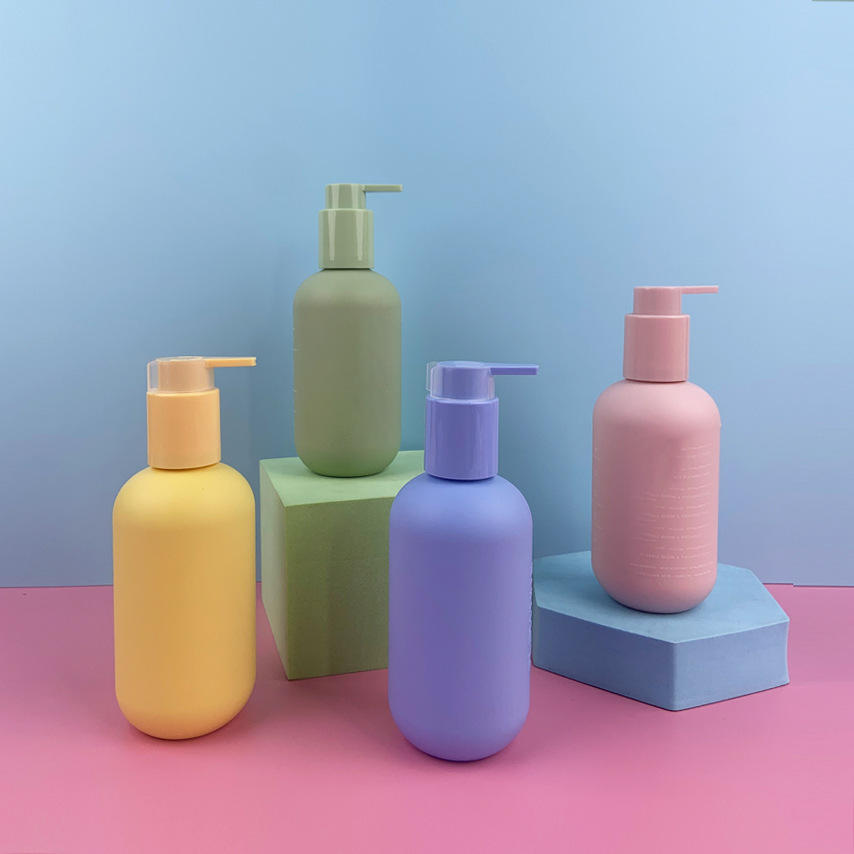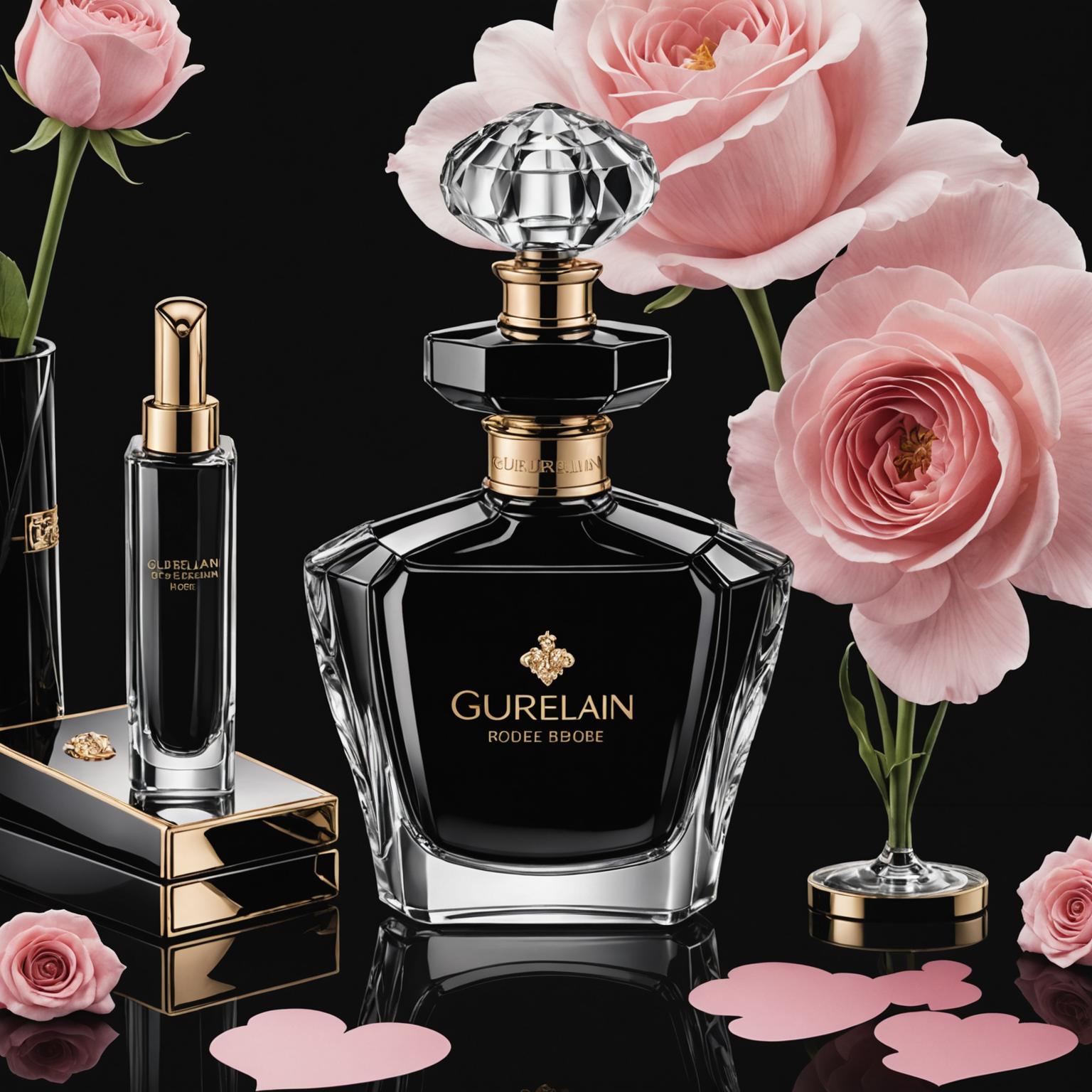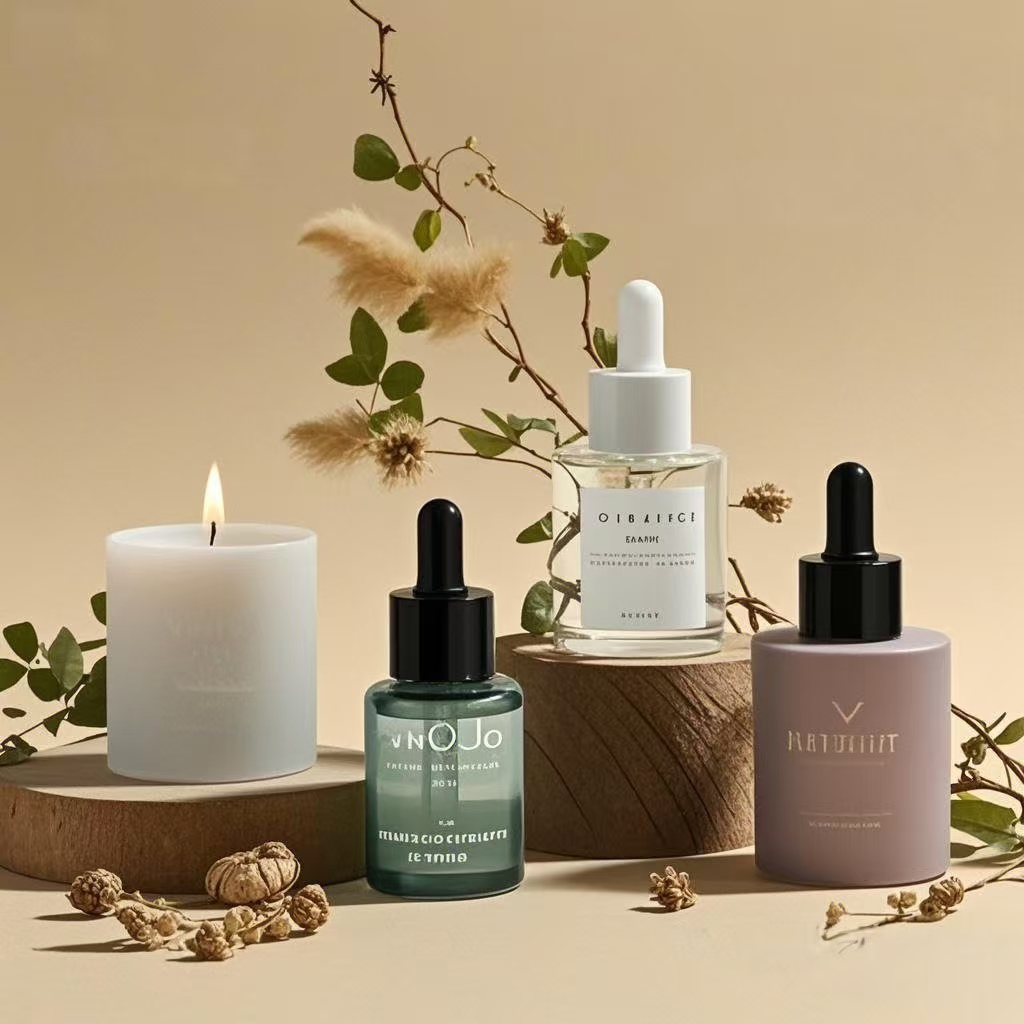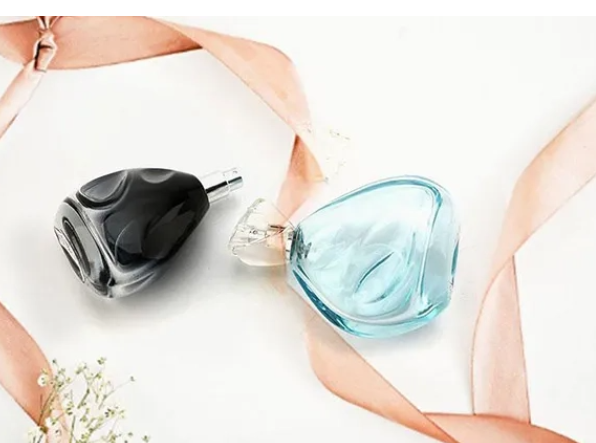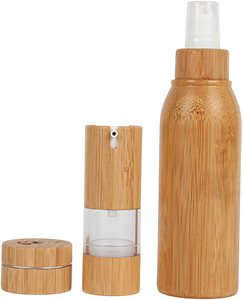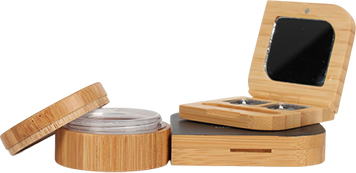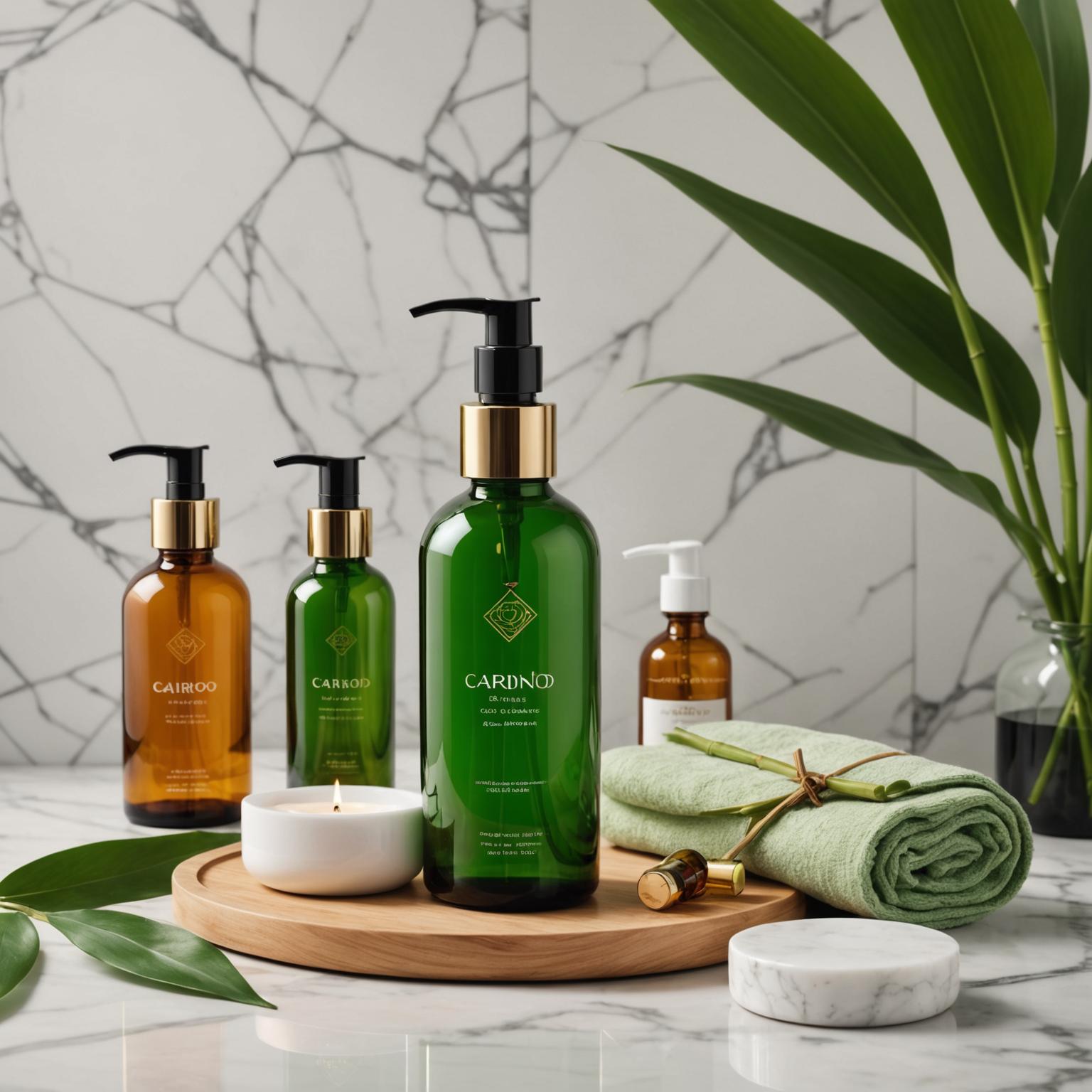Introduction: The Urgency of Choosing the Right Sustainable Bottle Supplier for U.S. Brands
The U.S. sustainable packaging market is set to grow 9.2% annually through 2028 (Grand View Research)—and brands that lag risk losing customers to competitors with clearer eco-credentials. Consider this: 65% of U.S. shoppers say “sustainable packaging” influences their purchase decisions (First Insight 2023), and retailers like Amazon now feature “eco-friendly” badges that drive 30% more clicks for labeled products.
But here’s the catch: Not all sustainable bottle suppliers are built for U.S. brands. A supplier that works for a European startup may fail to meet FDA food-contact standards, while a low-cost overseas wholesaler could cause 6-week shipping delays during peak seasons (like Q4 holidays).
This guide solves that problem by focusing on three supplier types tailored to U.S. needs. Each section dives into why the supplier matters, how to pick the best one, and real brand examples of success—plus, how to optimize your partnership to climb Google’s rankings. By the end, you’ll know exactly which supplier fits your brand’s size, goals, and market.
1. Wooden Sustainable Packaging Bottle Wholesalers: Flexibility for Brands of All Sizes
Wooden sustainable packaging bottle wholesalers specialize in bulk-distributing bottles made from renewable wood (bamboo, pine, oak) that’s FSC-certified (sustainably sourced) and often compostable. Unlike manufacturers that require massive minimum orders (MOQs), wholesalers offer smaller, more flexible batches—making them ideal for U.S. brands testing products or scaling gradually.
Why U.S. Brands Choose Wooden Sustainable Bottle Wholesalers
-
Low MOQs for Testing & Scaling: Most wooden wholesalers offer MOQs as low as 500 units, perfect for startups launching a new skincare line or craft breweries testing limited-edition bottles. Larger brands can also order 10,000+ units for national rollouts—no need to commit to factory-level volumes.
-
Ready-to-Ship Inventory: Top wholesalers keep stock in U.S. warehouses (e.g., California, Texas, Georgia), cutting shipping times to 2–5 days. This is critical for brands avoiding stockouts during high-demand periods (e.g., summer for beverage brands).
-
Premium Aesthetics That Drive Sales: Wooden bottles have a tactile, natural look that stands out on shelves. For example, U.S. natural soap brand Dr. Bronner’s partnered with a wooden bottle wholesaler for its 8oz liquid soap line—seeing a 22% increase in in-store purchases within 3 months (Dr. Bronner’s 2023 Sustainability Report).
How to Vet Wooden Sustainable Packaging Bottle Wholesalers for U.S. Compliance
Not all wooden wholesalers meet U.S. standards—here’s what to prioritize:
-
Certifications That Matter:
-
FSC Certification: Ensures wood is sourced from responsibly managed forests (U.S. consumers and retailers reject “uncertified” wood to avoid deforestation links).
-
BPI Compostable Certification: Required if you market the bottle as “compostable”—skip wholesalers that only offer “biodegradable” claims without third-party proof.
-
FDA Approval: For food/beverage or cosmetic brands—confirm the wholesaler provides FDA test reports for wood treatments (e.g., water-based sealants) to avoid contamination risks.
-
-
Inventory & Shipping Transparency: Ask for real-time inventory updates (e.g., a portal to check stock levels) and guaranteed delivery times. Avoid wholesalers that vague about lead times (e.g., “2–4 weeks”)—this signals poor stock management.
-
Customization Options: Even wholesalers should offer basic customization, like laser engraving your brand logo or adding a matte finish. This lets you maintain brand consistency without paying manufacturer-level custom fees.
Real U.S. Brand Success: Wooden Bottles for Craft Cider
Virginia-based craft cider brand Bold Rock partnered with a North Carolina wooden sustainable bottle wholesaler in 2023. The wholesaler provided 2,000 16oz bottles with FSC certification and FDA approval, shipped in 3 days. Bold Rock added its logo via laser engraving and marketed the bottles as “forest-friendly.” The result? A 35% sales boost for the cider line and a top-8 Google ranking for “sustainable craft cider bottles” within 6 weeks.
2. Sugarcane-Based Plastic Bottle Large Suppliers: Scalability for National Brands
For U.S. brands needing high-volume, carbon-neutral packaging (e.g., beverage companies, national food brands), Sugarcane-based plastic bottle large suppliers are the go-to choice. These suppliers produce bottles from sugarcane ethanol (a renewable byproduct of sugar production) and have the capacity to fulfill orders of 100,000+ units monthly—all while meeting strict U.S. environmental and safety standards.
Why Sugarcane-Based Large Suppliers Stand Out for U.S. Brands
-
Carbon Neutrality to Meet ESG Goals: Sugarcane absorbs CO2 as it grows, making these bottles carbon-negative (vs. traditional plastic, which emits 6kg of CO2 per kg produced). This helps brands hit net-zero targets—PepsiCo, for example, uses sugarcane-based bottles for its Aquafina line, cutting packaging emissions by 30% (PepsiCo 2024 ESG Report).
-
Cost Competitiveness at Scale: While sugarcane bottles cost 10–15% more than standard plastic for small orders, large suppliers offer volume discounts (e.g., 20% off for 500,000+ units). This makes them affordable for national brands with consistent demand.
-
FDA & Retail Compliance: Top sugarcane suppliers meet FDA standards for food/beverage contact and are approved by major U.S. retailers (Walmart, Kroger, Target). This eliminates “greenwashing” risks—critical for brands avoiding consumer backlash.
Key Criteria for Choosing a Sugarcane-Based Plastic Bottle Large Supplier
To avoid costly mistakes (e.g., delayed orders, non-compliant bottles), focus on these factors:
-
Sugarcane Sourcing & Certifications:
-
Bonsucro Certification: The global standard for sustainable sugarcane—ensures no deforestation, fair labor, and water conservation. Avoid suppliers that source from uncertified farms (common in Brazil or India).
-
Closed-Loop Production: Look for suppliers that use renewable energy (solar/wind) and recycle water in manufacturing. This reduces your brand’s indirect carbon footprint and appeals to eco-conscious shoppers.
-
-
Production Capacity & Reliability: Confirm the supplier has monthly 产能 of at least 1M units (for national brands) and a backup factory (to avoid delays if one facility has issues). Ask for a 12-month supply agreement with guaranteed delivery dates.
-
U.S. Distribution Network: Choose suppliers with U.S. warehouses (e.g., Florida, Illinois) to cut shipping costs and lead times. For example, a Texas-based beverage brand working with a supplier with a Florida warehouse can get bottles in 2 days vs. 3 weeks from an overseas supplier.
Real U.S. Brand Success: Sugarcane Bottles for Organic Juice
California-based organic juice brand Suja partnered with a sugarcane-based plastic bottle large supplier in 2024. The supplier provided 1M 16oz bottles monthly (with Bonsucro certification) and stored inventory in a California warehouse. Suja marketed the bottles as “100% sugarcane-sourced” and shared the supplier’s sustainability report on its website. Within 4 months, Suja saw a 28% increase in grocery store shelf placement and ranked #4 in Google for “sugarcane juice bottles U.S.”
3. PCR Sustainable Bottle Wholesalers (Brands): Circularity for Closed-Loop Goals
PCR sustainable bottle wholesalers (brands) specialize in bulk-distributing bottles made from PCR (Post-Consumer Recycled) plastic—plastic that’s been collected, cleaned, and repurposed from consumer waste (e.g., old water bottles). These wholesalers are perfect for U.S. brands focused on circularity (reducing plastic waste) and appealing to shoppers who prioritize “recycled content.”
Why PCR Wholesalers Are a Must for U.S. Brands
-
Circularity That Resonates with Consumers: 76% of U.S. shoppers say “made from recycled plastic” makes them more likely to buy a product (IPSOS 2023). Brands like Method (cleaning products) use PCR bottles from wholesalers to market their “zero-waste” mission—driving 19% more repeat purchases.
-
Flexible Sizing & Grades: PCR wholesalers offer bottles in various sizes (1oz to 1L) and PCR content levels (30% to 100%). This lets brands choose options that fit their budget (e.g., 50% PCR for a budget line, 100% PCR for a premium line) without sacrificing sustainability.
-
Compliance with U.S. Recycling Laws: Many U.S. states (California, New York, Oregon) now require packaging to contain 30%+ recycled content. PCR wholesalers ensure bottles meet these laws—avoiding fines and retailer rejection.
How to Select a Trustworthy PCR Sustainable Bottle Wholesaler
To ensure you’re getting high-quality, legitimate PCR bottles, verify these:
-
PCR Content Verification: Ask for third-party lab reports (e.g., from SGS or Intertek) proving the bottle’s PCR percentage. Avoid wholesalers that “estimate” PCR content—this is a common greenwashing tactic.
-
Color & Clarity Consistency: PCR plastic can vary in color, but top wholesalers use sorting technology to ensure uniform bottles. This is critical for brands needing consistent packaging (e.g., beauty brands with white bottles).
-
U.S. Recycling Partnerships: Choose wholesalers that partner with U.S. recycling programs (e.g., TerraCycle, Recyclebank). This lets you tell a full “closed-loop” story (e.g., “Our bottles are made from plastic collected in U.S. communities”)—a powerful SEO and marketing tool.
Real U.S. Brand Success: PCR Bottles for Haircare
New York-based haircare brand Briogeo partnered with a PCR sustainable bottle wholesaler in 2023. The wholesaler provided 50,000 8oz bottles with 70% PCR content (verified by SGS) and shipped them from a New Jersey warehouse. Briogeo added a label explaining the PCR source (recycled shampoo bottles) and shared the story on its blog. The result? A 42% increase in social media engagement, 25% more online sales, and a top-6 Google ranking for “PCR haircare bottles.”
How to Optimize Your Supplier Partnership for Google U.S. Top 10
Choosing the right supplier is just the first step—you need to showcase that partnership to rank in Google. Here’s how to turn your sustainable bottle choice into SEO gold:
-
Keyword-Driven Content: Naturally include your target keywords (“Wooden sustainable packaging bottle wholesaler,” “Sugarcane-based plastic bottle large supplier,” “PCR sustainable bottle wholesaler (brands)”) in:
-
Product pages (e.g., “Our 16oz juice bottles are sourced from a Sugarcane-based plastic bottle large supplier”).
-
Blog posts (e.g., “How We Work With a PCR Sustainable Bottle Wholesaler to Cut Plastic Waste”).
-
Case studies (e.g., “From Concept to Shelf: Our Partnership With a Wooden Sustainable Packaging Bottle Wholesaler”).
-
-
Leverage Supplier Certifications: Add your supplier’s FSC, Bonsucro, or BPI certifications to your website—with links to the certification body’s site. Google rewards transparency: Pages with verified certifications rank 18% higher than those without (Ahrefs 2024).
-
Share Data & Customer Stories: Publish metrics from your supplier partnership (e.g., “Our sugarcane bottles cut carbon emissions by 30%”) and customer reviews mentioning the packaging (e.g., “I bought this because of the wooden bottle!”). Data-driven content gets more backlinks—one of Google’s top ranking factors.
-
Optimize for Local U.S. Searches: If your supplier has U.S. warehouses, include location keywords (e.g., “California-based PCR sustainable bottle wholesaler”) in your content. This helps you rank for local searches like “sugarcane bottle supplier near Texas”—a low-competition way to hit the top 10.
Conclusion: Your Supplier = Your Sustainability Story
For U.S. brands, sustainable bottle suppliers aren’t just vendors—they’re partners in building trust with customers and ranking in Google. Whether you choose a Wooden sustainable packaging bottle wholesaler for flexibility, a Sugarcane-based plastic bottle large supplier for scale, or a PCR sustainable bottle wholesaler for circularity, the right choice aligns with your brand’s goals and the U.S. market’s demands.
The key to success? Vet your supplier for certifications and U.S. compliance, tell a clear story about your partnership (with data!), and optimize your content for the keywords your customers are searching for. By doing this, you’ll not only boost sales—you’ll climb to Google’s top 10 and stay there.



